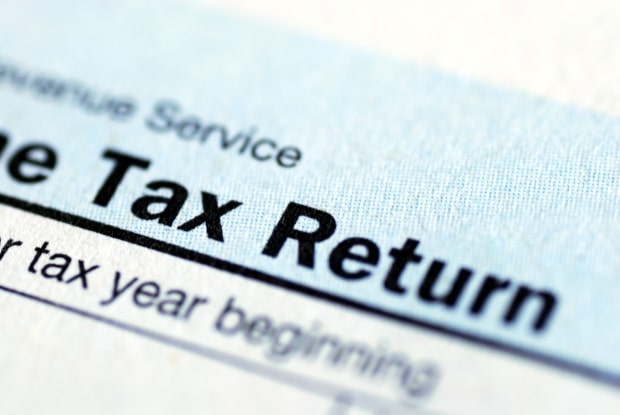How Should Retirement Savings Be Divided During A Divorce?
Divorce is difficult and painful as it is, but it becomes a lot harder without a clear plan for the division of shared assets. You and your ex-spouse need to make informed decisions about shared marital property.
This includes your home, cars and other tangible assets, as well as any retirement savings accumulated during your marriage. Pension plans, IRAs and 401k accounts are often the biggest and most valuable marital assets.
During a divorce, different rules apply for each retirement plan. Their division also needs to be handled carefully, taking all the financial and tax implications into account.
IRA vs. 401k: Division of Qualified Plans and IRAs
If you didn’t sign a prenuptial agreement stating otherwise, part of the balance in your ex-spouse’s retirement plan is legally yours, and vice-versa. A Qualified Domestic Relations Order, or QDRO, can help.
- Regarding child support, alimony, or property rights, a QDRO can also be used to define the payout of benefits from your ex-spouse’s pension plan.
- It protects the transfer of interest for an ex-spouse, dependent or child during the division of 403(b), 401k and other qualified retirement plans.
- QDRO assets can be rolled over penalty-free to a qualified plan or IRA. In addition, these will only be taxed as conversions.
The division of IRA assets is known as a “transfer incident to divorce,” even if it’s being conducted in the same way as the division of qualified plans. Both types of division are tax-free if appropriately reported to courts and IRA custodians, and correctly listed in the divorce or separation agreement.
Transfer of IRA Assets Funded with Non-Deductible Contributions
For an IRA partially funded with non-deductible contributions, both you and your ex-spouse should know how much these add up to. You may need to consult an advisor to calculate these non-deductible amounts and report their distribution by filing tax form 8606 with the IRS.
This helps you both avoid unnecessary taxes.
Adding/Changing Beneficiaries for Retirement Assets
Unless specified by your divorce decree, your ex-spouse is unlikely to be a beneficiary for your IRA or qualified-plan assets. So, you or your ex-spouse may also need to make some changes to beneficiary designations for these plans during the transfer of retirement savings.
Here are some tips to keep in mind:
- 401k assets will go to the ex-spouse unless you specify a different beneficiary in your will, but IRAs do not automatically give beneficiary rights to him/her.
- Update your designated beneficiaries in your IRA, as well as life insurance or annuity plans and other financial assets you’ve invested in.
- If you want to choose how your estate will be distributed, consider creating a revocable living trust and making it the primary/secondary beneficiary.
Dividing Retirement Assets: Top 5 Areas Where Mistakes Can Cost You
While dividing retirement assets during a divorce, pay special attention to these five aspects where tax liabilities or penalties could prove to be costly.
-
QDRO Cash Distributions
If QRDO distributions are in cash instead of a rollover to a retirement account, income tax and early withdrawal penalties may apply.
-
Division of Pension Plans
While dividing up a pension plan, a personal finance advisor can help you select a division method. You will also get survivorship options that benefit both you and your ex-spouse.
-
401k After-Tax Contributions
Some 401k plans allow pre-tax as well as after-tax contributions. The tax basis for these should be defined and divided on a pro-rata basis.
-
Defined Contribution Plans
For employer-provided plans with annual contributions, the ex-spouse’s share needs to be defined on a pro-rata basis through the date of divorce.
- Non-Qualified Plans – With non-qualified and non-divisible plans, one ex-spouse may need to hold the other’s interest in a constructive trust. An advisor can help you define the terms of payment and tax liability.
Let’s face it, divorce is tough on everyone. The last thing you want is battle with unnecessary litigation, taxes or penalties.
To avoid a long, complicated and expensive divorce process, do your research on dividing up retirement savings. Consult a professional if you can’t do it alone!
Read on to learn five things to get in order before retirement.






